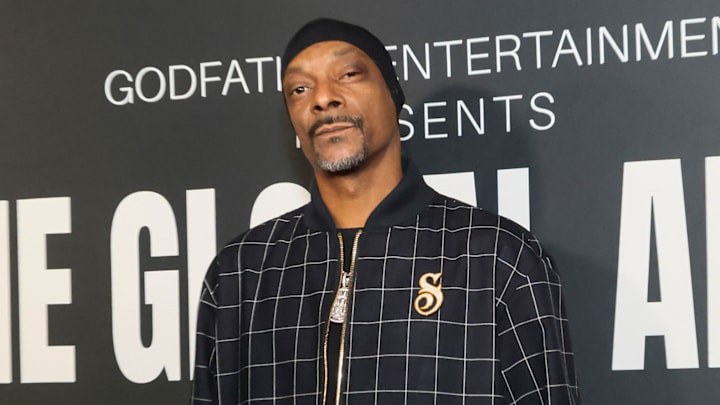In August 2022, Snoop Dogg, the renowned rapper and entrepreneur, embarked on a new venture in the cereal industry, introducing his own brand, Snoop Loopz. His business partner, fellow rapper Master P, unveiled the vibrant, marshmallow-packed loops via Instagram, marking the debut of this gluten-free offering under the Broadus Foods label.
However, legal disputes arose as Broadus Foods accused retail behemoth Walmart and cereal manufacturer Post Consumer Brands of undermining the market presence of Snoop Cereal. Despite the legal challenges, Snoop Loopz stands as a testament to the duo's unwavering entrepreneurial drive and resilience.
The lawsuit, brought forth by these prominent figures in the hip-hop scene, accuses Walmart of undermining the cereal's market presence. This legal dispute underscores the power dynamics between major corporations and influential artists and is being closely monitored for its potential impact on the hip-hop community.
The lawsuit, filed in a California court, contends that Walmart purposefully withheld Snoop Cereal from its shelves, leaving boxes languishing in stockrooms. Both Snoop Dogg and Master P, recognized for their entrepreneurial endeavors alongside their musical careers, have expressed dismay over the alleged obstruction of Snoop Cereal, a product they heavily invested in and endorsed.
This legal action prompts discussions about the obligations of retail giants to the artists and entrepreneurs they collaborate with, raising questions about accountability and partnership dynamics.
The news of the lawsuit has reverberated throughout the hip-hop and entertainment spheres, garnering support from fans and industry insiders. It reignites conversations about the intricate relationships between artists and corporate entities, highlighting the complexities of navigating the business landscape. The outcome of this legal battle carries weight as it may establish precedents for resolving similar disputes in the future, shaping the landscape of artist-endorsed products in retail environments.
In challenging Walmart, Snoop Dogg and Master P illuminate the power imbalances inherent in celebrity-endorsed products. This legal confrontation underscores the nuanced challenges artists and entrepreneurs encounter in commercial endeavors.
As the case progresses, it promises to provoke further discourse within the hip-hop and entertainment communities, with implications extending beyond this specific dispute to the broader landscape of artist-retailer relationships.
